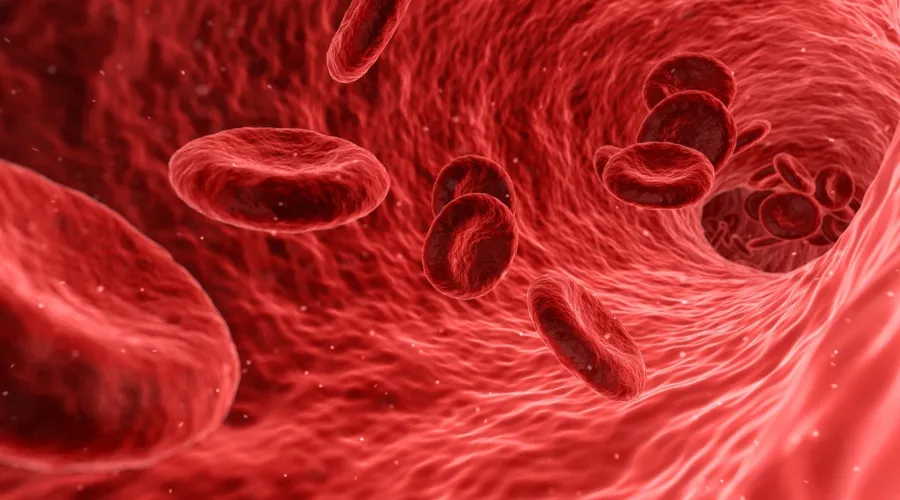
CAST Endovascular Fellowship
Overview
Neuroendovascular surgery/neurointerventional radiology is a multidisciplinary specialty derived from neurology, radiology, and neurosurgery, that uses catheter technology, radiological imaging, and clinical expertise to diagnose and treat diseases of the central nervous system. The fellow will be exposed to a large number of cerebrovascular pathologies that includes training in embolization, extra-cranial stents, thrombectomies, intracranial infusions, and angiography. Additionally, fellows will obtain experience in the outpatient neurovascular clinic, as well as learning basic tents of neurocritical care patient management.
Program Details
This program is a non-ACGME accredited fellowship designed specifically for appropriate attending physicians interested in learning endovascular surgical neuroradiology. The training program will consist of a period of not less than 18 months. This period may be extended as needed to ensure that the case requirements and other aspects of the curriculum are met. As fellows may be practicing physicians, the training period will be extended as needed to balance their own practice against the training program requirements. For practicing physicians, the overall duration of training will be discussed with the fellow prior to the start of the fellowship, and will be initially estimated, and then reviewed every six months to ensure training targets are being met.
The final year of advanced neurovascular training occurs over 12 continuous months of a dedicated NES fellowship experiences (to be performed no sooner than PGY6 after completion of their preliminary subspecialty requirements and endovascular prerequisites as outlined above) during which the fellow performs a broad spectrum of endovascular procedures as defined by core-competency requirements; and satisfactory completion of milestone level five for cerebrovascular diseases and NES signed off by the NES fellowship program director.
Fellows will be required to perform a total of 250 interventional procedures: 100 aneurysm treatments, including 20 ruptured aneurysms; 20 intracranial non-aneurysmal embolizations (AVM, AVF, tumors); minimum of five intracranial and 20 extra cranial stent; carotid or vertebral stent; intracranial stent for atherosclerotic disease; 30 mechanical thrombectomy procedures; 10 intracranial infusions (eg vasospasm); five extra cranial embolizations; five spinal angiograms and/or embolizations.
Eligibility / Qualifications
Applicants must:
- Be eligible for an active, valid, unrestricted, and unqualified license to practice medicine in the state of Kentucky.
- Be a graduate of a residency program accredited by ACGME or Royal College of Physicians and Surgeons of Canada.
- We are unable to sponsor visa learners at this time
- Formally document the above-mentioned eligibility criteria.
- Must complete and submit an application for Kentucky Board of Medical Licensure (KBML).
- Prior to the desired start date, KBML must grant licensure.
- Performance of at least 200 catheter-based diagnostic and/or therapeutic cerebral angiographic procedures. Exceptions to this qualification may be made on a case-by-case basis.
- Eligibility is dependent upon completion of each applicant’s relevant preliminary subspecialty training (see below).
Neurosurgeons
Satisfactory completion of a seven year ACGME approved residency. Alternatively, enfolded candidates would need to have completed their third year of UK neurological surgery residency successfully.
Neurologists
Board certification in their primary ABMS board (neurology) subspecialty certification from an ACGME-accredited vascular/stroke neurology fellowship with at least three months in the neurointensive care unit, and satisfactory participation of any MOC requirements thereafter as required for the maintenance of good standing within these training organizations.
Radiologists
Board certification in their primary ABMS board (radiology), subspecialty certification in neuroradiology, at least six months of clinical service in a neurological surgery, vascular neurology or neurocritical care program prior to entering the final advanced year of NES fellowship, and satisfactory participation of any MOC requirements thereafter as required for the maintenance of good standing within these training organizations.
For more information, please contact:
Justin F. Fraser, MD, FAANS, FAHA
Associate Professor of Cerebrovascular, Endovascular, and Skull Base Surgery
Director, Cerebrovascular Surgery and NeuroInterventional Radiology
CAST Endovascular Fellowship Director
jfr235@uky.edu
How to Apply
If you are interested in the fellowship and meet the above requirements, please submit the following for review:
Curriculum Vitae
Letters of Recommendation
To apply, you will need three letters of recommendation.
Personal Statement
Your application should include a one-page personal statement describing interest in endovascular neurosurgery / neurointerventional radiology.
The Society of NeuroInterventional Surgery (SNIS) is discussing the option of moving to a more formalized Match therefore, applications for 2025-27 will be reviewed in July 2022. *We do not have any vacancies for 2022 through 2025*. You are welcome to forward a completed application to Dr. Justin Fraser but keep in mind that the application process might change this summer.
Mailing Address:
Megan Northern
University of Kentucky, Department of Neurosurgery
780 Rose Street, Medical Science Bldg., room MS110
Lexington, KY 40536-0298
